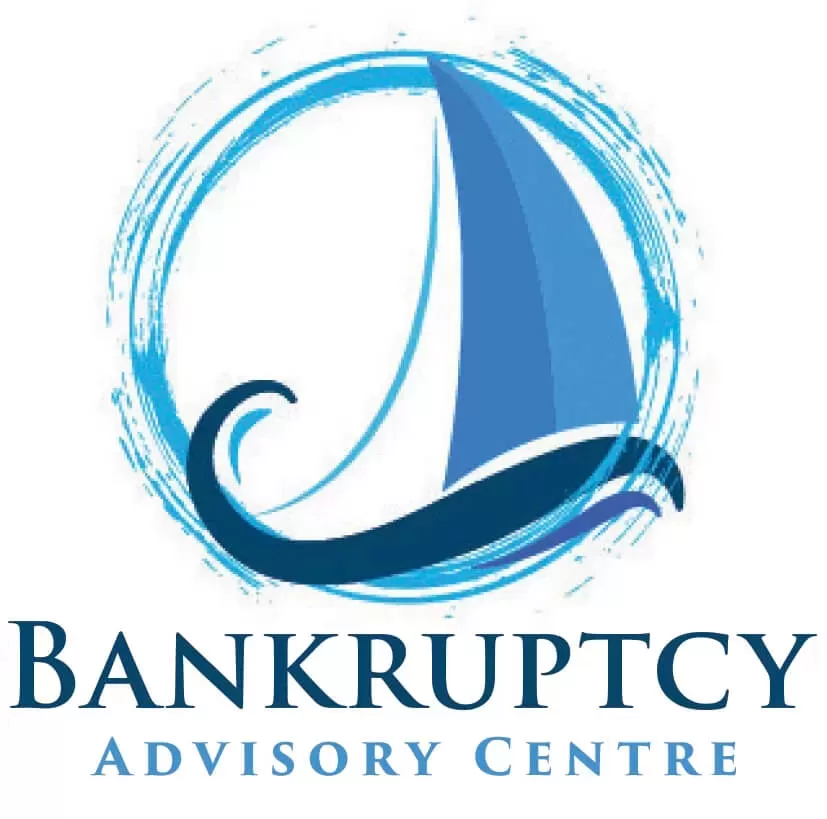What Are the Benefits of Bankruptcy?
Bankruptcy is a significant decision that should only be considered after exhausting all other options for debt payment. While specific circumstances could vary, it is essential to fully understand the bankruptcy process, particularly the disadvantages of filing bankruptcy. Once you are fully aware of the entire process and the benefits of bankruptcy, it will help you make an informed decision.
What are the alternatives to filing bankruptcy?
If you are a non-business, insolvent debtor without any valuable assets, bankruptcy may be able to give you a fresh financial start free from constant harassment from your creditors and the threat of legal action. If you have a valuable property under your name, then bankruptcy could be a devastating experience, as you could face a loss of income and assets. Other options, such as debt restructuring or a debt agreement, may be a better option for you, but if bankruptcy is your last resort, it can still give you a way out of a tricky financial situation if done correctly.
It is essential to consult an experienced bankruptcy professional to weigh your options and understand the consequences. Learn how the benefits and disadvantages of bankruptcy will impact you.
If you are a company or business other than a sole trader, your options are insolvency or liquidation. You can learn more about insolvency’s advantages and disadvantages in this article.
Advantages of Bankruptcy Debt Relief
While applying for bankruptcy should be the last resort, there are several benefits to declaring yourself bankrupt, including:
- The majority of your debts will be extinguished once the bankruptcy is discharged. All the provable debts before you are declared bankrupt will be cancelled, with some exceptions.
- Once you are declared bankrupt, the creditors won’t be able to take any legal action against you. All further communications between you and your creditors would be through the trustee assigned to your case during your bankruptcy. The stress of creditors constantly contacting you for the debt will be eliminated.
- If you don’t have any dependents and earn an annual income of less than $60,515 (after tax), your income won’t be taken to pay the debts. Low-income earners can make voluntary payments if they want their trustee but are not obliged to do so.
- The Bankruptcy Act of 1966 in Australia protects personal injury compensation payments, life assurance payments, and superannuation payments. Through this Act, some of your assets bought through these payments can also be covered. However, these assets and payments can’t be protected if you have not declared bankruptcy and your creditors successfully file a court order for debt payment.
- Under this Act, social security payments are also protected.
- When you declare bankruptcy, some of your property can be protected and can’t be taken away for debt payment. This includes all necessary household goods and furniture, including a phone and personal computer, your primary mode of transportation, and a motorbike or car worth less than the indexed amount.
- You might be asked to pay some percentage of your income if you have leftover money after paying for usual living expenses, like clothes, food, rent, and even your kid’s pocket money, unless it gets assessed as a compulsory contribution. Knowing that your basic necessities will be covered could be a significant relief.
- You would be able to work as a sole trader with some conditions.
- You would still be allowed to travel within Australia and can even travel abroad if you get permission from your trustee.
These are some of the many benefits you can have once you are declared bankrupt. Still, it is best to consult a bankruptcy expert to ensure that declaring bankruptcy is your best option, depending on your situation.
Disadvantages of Filing for Bankruptcy
Being declared bankrupt also comes with disadvantages, so it should always be considered a last resort. Here are some of the drawbacks of declaring yourself bankrupt:
- You will face difficulties accessing credit after your bankruptcy. This happens because the bankruptcy record is updated in your credit report and stays for the next seven years. The creditors will review your credit report whenever you want to access credit and might refuse your request when they find out you are bankrupt.
- AFSA will keep a permanent record of your bankruptcy with the Bankruptcy Inspector General. Anyone would be able to access the bankruptcy records for a fee and view them on the National Personal Insolvency Index (NPII).
- You might be asked to hand over your passport to your trustee, and you must get permission if you want to leave the country. You will be penalised if you delay or defeat the creditors by trying to leave the country.
- It is a criminal offence to obtain a credit of more than $6,065, including writing cheques or hiring goods, if the creditor has not been informed about your bankruptcy.
- If you fail to neglect your duties, such as informing your trustee about a change of address or details of earnings, In that case, your trustee could extend your bankruptcy by up to 5 years or prosecute. You will end up losing your valuable properties.
The Benefits of Bankruptcy: Is It Right for You?
“People file for bankruptcy for various reasons. Sometimes it might not be the right decision based on your individual circumstances. Declaring yourself bankrupt should be your last option, so contact one of our bankruptcy experts first to go through your options. If you can’t afford your debt repayments, have tried all other options for repayment, and are a citizen of Australia, declaring bankruptcy might be a course of action worth considering.”
Andrew Bell Bankruptcy Advisor
Let’s Talk
With over 30 years of experience in debt solutions and bankruptcy in Australia Andrew can find a solution for you.
“Nothing is more satisfying to me than knowing that I’ve helped someone get back on their feet by guiding them through the Bankruptcy Process. Rest assured, you’re in good hands with me as we solve your financial problems together.”


